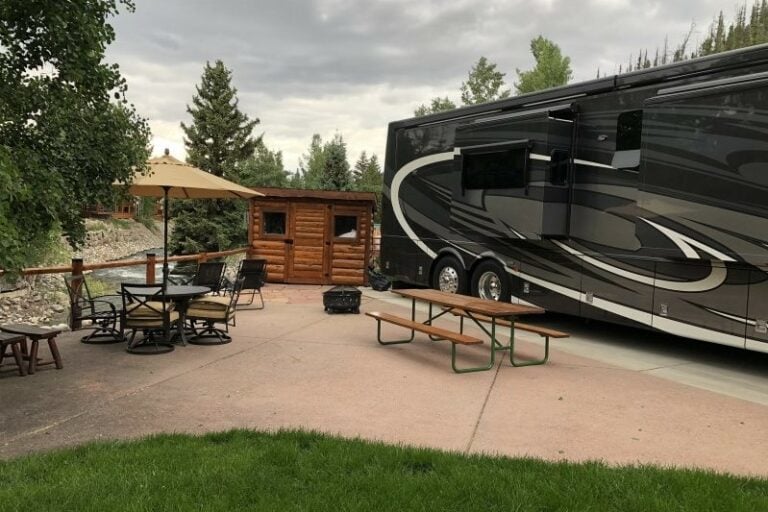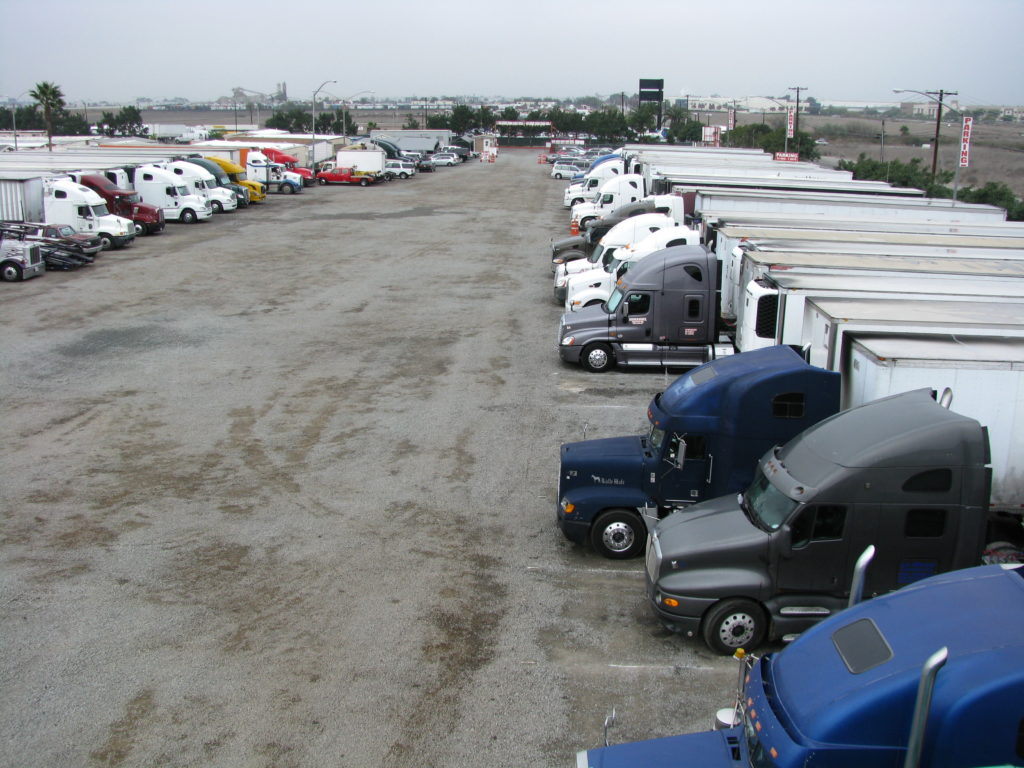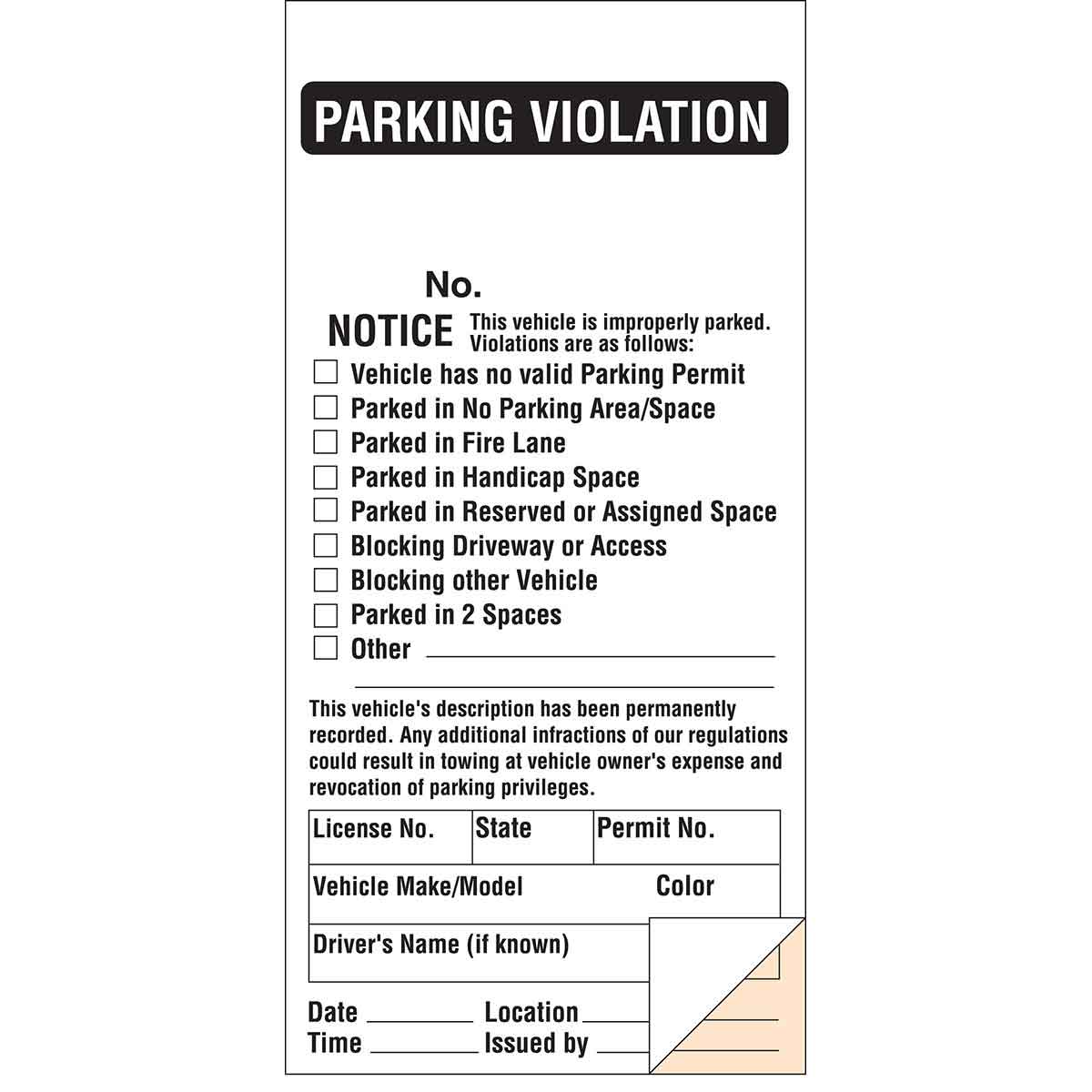Park Your Ride: A Guide to Trailer Parking in Colorado

Colorado, with its stunning mountain vistas and endless outdoor adventures, is a haven for RV enthusiasts and trailer owners. But finding a safe and convenient spot to park your rig can be a real headache. Whether you’re a seasoned camper or a newbie to the world of trailers, navigating the rules and regulations of trailer parking in Colorado can feel like trying to navigate a mountain pass in a blizzard.
Don’t worry, though! This comprehensive guide will help you park your ride with confidence and ease. We’ll cover everything from understanding the different types of trailer parking options to navigating the legalities and finding the perfect spot for your needs. So grab a cup of coffee, settle in, and let’s get started!
Related Articles: Park Your Ride: A Guide to Trailer Parking in Colorado
- Navigating Flagstaff Parking: A Comprehensive Guide For Visitors And Locals
- Navigating California’s Disabled Parking: A Comprehensive Guide
- Parking In Alaska: Your Guide To Navigating The Great Land
- Arizona Parking Stress: A Phoenix Rising From The Asphalt Jungle
- Navigating San Francisco’s Fisherman’s Wharf: A Parking Guide For Your Seafaring Adventures
Types of Trailer Parking in Colorado
Colorado offers a variety of options for trailer parking, each with its own advantages and disadvantages. Here’s a breakdown of the most common types:
1. Private Property:
- Pros: Convenience, potential for long-term storage, often less expensive than commercial options.
- Cons: May be limited availability, potential for HOA restrictions, safety concerns if not properly secured.
- Finding a Spot: Check with friends, family, or neighbors. Look for signs advertising "trailer parking" or "RV storage" in your area.

2. Commercial Storage Facilities:
- Pros: Security, amenities (electricity, water, restrooms), professional management.
- Cons: More expensive than private options, limited access hours, potential for space constraints.
- Finding a Spot: Use online directories like Storage.com, SpareFoot.com, or Google Maps. Contact facilities directly for availability and rates.

3. Public Parking Lots:
- Pros: Often free or low-cost, convenient for short-term parking.
- Cons: Limited space, safety concerns, potential for theft or vandalism.
- Finding a Spot: Look for designated RV parking areas in parks, campgrounds, or city parking lots.

4. Campgrounds:
- Pros: Amenities (electricity, water, restrooms, showers), access to outdoor activities, social atmosphere.
- Cons: Limited stay periods, potential for noise and crowds, can be expensive.
- Finding a Spot: Use online reservation systems like ReserveAmerica.com, Recreation.gov, or contact campgrounds directly.
5. Street Parking:
- Pros: Free, convenient for short-term parking.
- Cons: Limited availability, potential for parking violations, safety concerns.
- Finding a Spot: Check local ordinances for permitted parking times and restrictions.
Navigating the Legalities
Before you park your trailer, it’s essential to understand the legal requirements in Colorado. Here’s a rundown of the key regulations:
- State Laws: Colorado state law generally prohibits parking a trailer on public property for more than 72 hours without a permit. This applies to streets, parking lots, and even some parks.
- Local Ordinances: Cities and counties often have their own specific regulations regarding trailer parking. These can vary significantly, so it’s crucial to check with your local government before parking your trailer on public property.
- HOA Restrictions: If you’re planning to park your trailer on private property, be sure to check your HOA’s rules and regulations. Many HOAs have strict limitations on the size, type, and duration of trailer parking.
Finding the Perfect Spot
Choosing the right trailer parking spot depends on your individual needs and preferences. Here are some factors to consider:
- Location: Do you need easy access to the highway, a nearby campground, or a specific town?
- Amenities: Do you need electricity, water, or other amenities?
- Security: Are you looking for a secure, gated facility?
- Cost: What’s your budget for trailer parking?
- Duration: How long do you need to park your trailer?
Tips for Safe and Secure Parking
Once you’ve found a suitable parking spot, it’s important to take steps to ensure your trailer is safe and secure:
- Invest in a good lock: Use high-quality locks for your trailer doors and hitch.
- Install a security system: Consider installing an alarm system or GPS tracker.
- Park in a well-lit area: Choose a spot with good lighting, especially if you’re parking on public property.
- Don’t leave valuables in sight: Remove any valuable items from your trailer and store them securely.
- Tell someone where you’re parked: Let a friend or family member know where your trailer is located.
- Check on your trailer regularly: If you’re parking your trailer for an extended period, check on it periodically to ensure it’s secure.
Beyond Parking: Maintaining Your Trailer
Once your trailer is safely parked, it’s essential to maintain it properly to ensure it’s ready for your next adventure. Here are some key maintenance tasks:
- Regularly clean and inspect your trailer: Check for any damage, leaks, or signs of wear and tear.
- Maintain your tires: Check tire pressure and tread depth regularly.
- Keep your battery charged: Use a battery tender or disconnect the battery if you won’t be using your trailer for an extended period.
- Clean and lubricate moving parts: Keep your trailer’s moving parts clean and lubricated to prevent rust and wear.
The Bottom Line: A Smooth Ride
Finding the perfect trailer parking spot in Colorado can seem daunting, but it doesn’t have to be. With a little planning and research, you can find a safe and convenient place to park your rig and enjoy all that Colorado has to offer. Remember to research local laws, prioritize safety and security, and keep your trailer well-maintained. Happy trails!
FAQ about Trailer Parking in Colorado
1. Can I park my trailer on the street in Colorado?
Generally, you can park your trailer on the street for up to 72 hours without a permit. However, local ordinances may impose stricter limitations, so it’s crucial to check with your city or county.
2. Where can I find a commercial trailer storage facility in Colorado?
You can use online directories like Storage.com, SpareFoot.com, or Google Maps to find commercial trailer storage facilities in your area. Contact facilities directly for availability and rates.
3. What are the best campgrounds in Colorado for RV parking?
Colorado offers numerous excellent campgrounds for RV parking. Some popular options include:
- Mesa Verde National Park: Offers stunning views of ancient cliff dwellings and plenty of RV sites.
- Rocky Mountain National Park: Provides scenic views, hiking trails, and RV camping options.
- Black Canyon of the Gunnison National Park: Features deep canyons, stunning rock formations, and RV campsites.
- Great Sand Dunes National Park and Preserve: Offers unique camping experiences near towering sand dunes.
4. How do I find out about HOA restrictions on trailer parking?
Contact your HOA directly or review your HOA’s rules and regulations.
5. What are the best resources for finding information about trailer parking in Colorado?
Here are some helpful resources:
- Colorado Department of Transportation (CDOT): Provides information on state laws and regulations.
- Local governments: Check with your city or county for specific ordinances.
- Online directories: Use websites like Storage.com, SpareFoot.com, and Google Maps to find storage facilities.
- RV forums and communities: Connect with other RV enthusiasts for tips and advice.
6. What are some tips for preventing theft from my parked trailer?
- Install a high-quality lock on your trailer doors and hitch.
- Consider installing an alarm system or GPS tracker.
- Park in a well-lit area.
- Remove any valuable items from your trailer and store them securely.
- Let someone know where your trailer is parked.
- Check on your trailer regularly.
7. How often should I check my trailer’s tires?
You should check your trailer’s tire pressure and tread depth at least once a month, or before every trip.
8. What are some common maintenance tasks for a parked trailer?
- Regularly clean and inspect your trailer for any damage, leaks, or signs of wear and tear.
- Maintain your tires.
- Keep your battery charged.
- Clean and lubricate moving parts.

Closure
Thus, we hope this article has provided valuable insights into Park Your Ride: A Guide to Trailer Parking in Colorado. We appreciate your attention to our article. See you in our next article!


